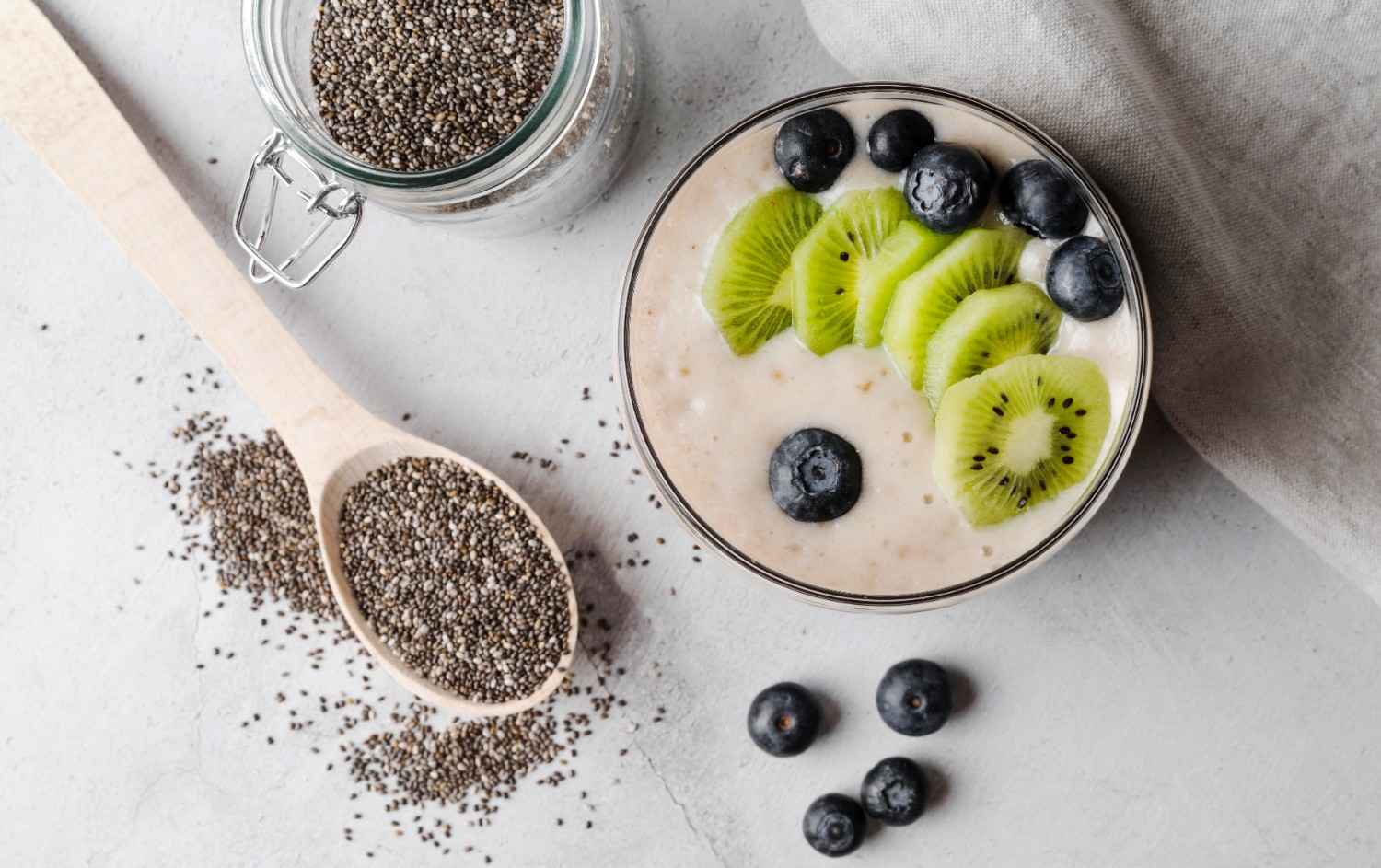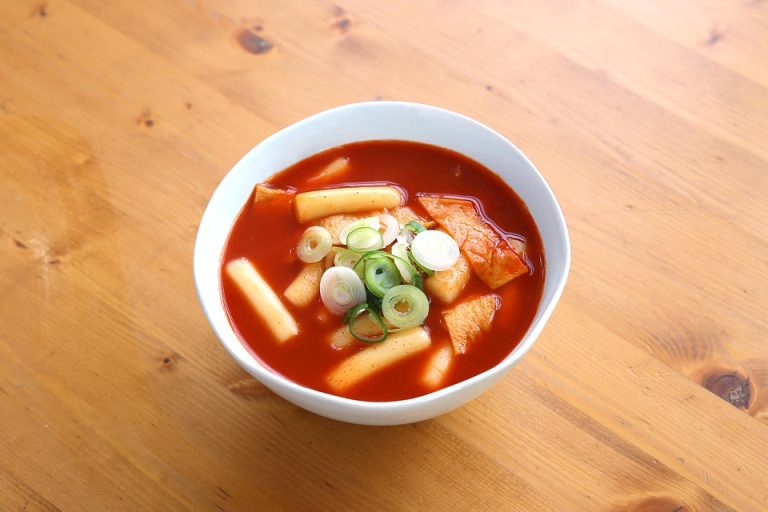Did you know that the tiny chia seed, often overshadowed by its more glamorous counterparts, can be a game-changer for bladder health? Yep, these little guys are packed with nutrients that can potentially support urinary function and overall bladder wellness. So, let’s dive into the top five reasons you might want to sprinkle these seeds into your diet.
Contents
1. Rich in Fiber for Healthy Digestion
Chia seeds are an excellent source of dietary fiber, with about 10 grams of fiber per ounce. But why is fiber important for your bladder? Well, maintaining a healthy digestive system can help prevent issues like constipation, which can indirectly affect bladder health. When you’re constipated, the pressure in your abdomen can push against your bladder, leading to discomfort and frequent urination.
Pros:
- Promotes regularity: Fiber helps ensure that everything moves smoothly through your digestive tract.
- Reduces bladder pressure: Less pressure on the bladder means fewer trips to the bathroom.
Cons:
- Too much too fast: If you’re not used to a high-fiber diet, suddenly adding chia seeds can lead to bloating or discomfort. It’s best to gradually increase your intake.
2. Hydration Powerhouse
Chia seeds can absorb up to 12 times their weight in water, making them a fantastic way to stay hydrated. Proper hydration is crucial for bladder health, as it helps dilute urine and flush out toxins. Dehydration can lead to concentrated urine, which can irritate the bladder and urinary tract.
Pros:
- Natural hydrator: Adding chia seeds to your smoothies or water can help you stay hydrated throughout the day.
- Urinary tract support: Well-hydrated individuals are less likely to experience urinary tract infections (UTIs).
Cons:
- Not a substitute for water: While chia seeds help with hydration, they shouldn’t replace plain water in your diet.
3. Omega-3 Fatty Acids for Inflammation Reduction
Chia seeds are rich in omega-3 fatty acids, specifically alpha-linolenic acid (ALA). These healthy fats are known for their anti-inflammatory properties. Chronic inflammation can affect various body systems, including the urinary tract, leading to issues like interstitial cystitis or bladder pain syndrome.
Pros:
- Supports bladder health: Omega-3s may help reduce inflammation in the bladder and urinary tract.
- Overall health benefits: These fatty acids are also linked to heart health and brain function.
Cons:
- Balance is key: While omega-3s are beneficial, it’s essential to maintain a balance with omega-6 fatty acids, which are common in many diets.
4. Antioxidant Properties
Chia seeds are packed with antioxidants, which help combat oxidative stress in the body. Oxidative stress can lead to chronic diseases and may also play a role in bladder health. By incorporating chia seeds into your diet, you can help support your body’s defense against these harmful free radicals.
Pros:
- Reduced oxidative stress: Antioxidants can help protect bladder cells from damage.
- Potential UTI prevention: Some studies suggest that antioxidants may lower the risk of urinary tract infections.
Cons:
- More research needed: While the antioxidant properties of chia seeds are promising, more studies are needed to fully understand their impact on bladder health.
5. Easy to Incorporate into Your Diet
One of the best things about chia seeds is their versatility. You can easily add them to smoothies, oatmeal, yogurt, or even baked goods. This makes it simple to enjoy their health benefits without overhauling your diet.
Pros:
- Convenient and tasty: Chia seeds have a mild, nutty flavor that works well in various dishes.
- No cooking required: Just soak them in water or add them to your favorite drinks!
Cons:
- Texture issues: Some people may not enjoy the gelatinous texture of soaked chia seeds, which can be off-putting.
FAQs
1. How can I incorporate chia seeds into my diet?
You can add chia seeds to smoothies, oatmeal, yogurt, or salads. They can also be used to make chia pudding by soaking them in milk or a milk alternative.
2. Are there any side effects of eating chia seeds?
Some people may experience digestive discomfort if they consume too many chia seeds too quickly. It’s best to start with a small amount and increase gradually.
3. Can chia seeds help with urinary tract infections?
While chia seeds have anti-inflammatory and antioxidant properties that could support urinary tract health, they are not a cure for UTIs. Staying hydrated and maintaining a balanced diet is crucial.
4. How much chia seed should I eat daily for bladder health?
A common recommendation is about 1 to 2 tablespoons of chia seeds per day. However, it’s always best to consult with a healthcare provider for personalized advice.
Conclusion
So, there you have it! Chia seeds aren’t just a trendy health food; they can actually play a role in promoting bladder wellness. With their fiber content, hydration capabilities, anti-inflammatory omega-3s, and antioxidant properties, these little seeds pack a powerful punch. Plus, they’re super easy to add to your meals.
But remember, while chia seeds can be a beneficial addition to your diet, they’re not a magic solution. Maintaining overall health through a balanced diet and proper hydration is key.
As with any health-related changes, it’s always a good idea to consult with a healthcare professional to tailor your dietary choices to your specific needs.
This article is for educational purposes only and is not a substitute for professional medical advice. Always consult a qualified healthcare provider before making changes to your health routine.
References
- National Institutes of Health. (2021). Chia Seed: A Nutritional Powerhouse. Retrieved from https://www.nih.gov/chia-seed-nutrition
- Mayo Clinic. (2022). Dietary Fiber: Essential for a Healthy Diet. Retrieved from https://www.mayoclinic.org/healthy-lifestyle/nutrition-and-healthy-eating/in-depth/fiber/art-20044257
- Harvard Health Publishing. (2020). Omega-3 Fatty Acids: An Overview. Retrieved from https://www.health.harvard.edu/staying-healthy/omega-3-fatty-acids-an-overview
Get Your FREE Natural Health Guide!
Subscribe now and receive our exclusive ebook packed with natural health tips, practical wellness advice, and easy lifestyle changes, delivered straight to your inbox.





